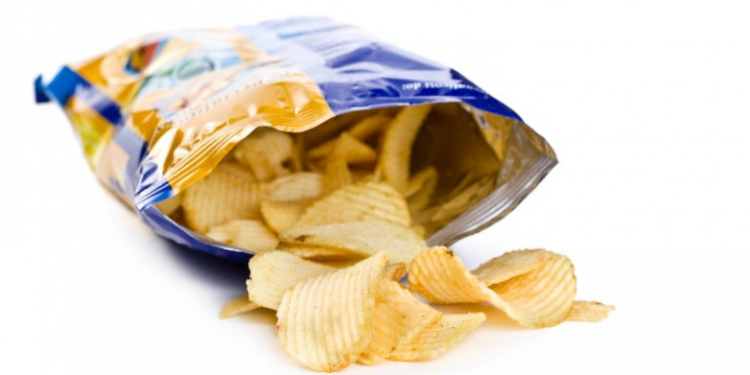Food packaging is not tailored enough to contents, a team from Université Paris-Saclay has found, and could be causing the spread of chemicals or, for the case of potato chips, the oil contamination.
Scientists revealed that the contamination of aqueous food by aromatic compounds originating from packaging materials might have been underestimated. Numerous parameters control the migration of chemicals from the packaging to the food.
The researchers have developed a new way to quickly compute the extent to which these substances are able to dissolve in others. It looks at the migration rate of substances – such as endocrine-disrupting chemicals, which are the chemicals that disrupt glands secreting hormones directly around the body.
This new method, devised by Université Paris-Saclay partners INRA and AgroParisTech, should be used to reevaluate all materials that come into contact with food and the rules should be modified accordingly.
“Contamination of food is concerning,” said Olivier Vitrac from INRA, “and regulations are supposed to be strict about this. Previously collected data and this study suggest that the real chemical affinity of substituted aromatic compounds for water could be strongly underestimated by previous oversimplified rules and that tailored methods, such as this one, would be preferable.
“The industry needs to address today’s loose, outdated food packaging rules as soon as possible.”







